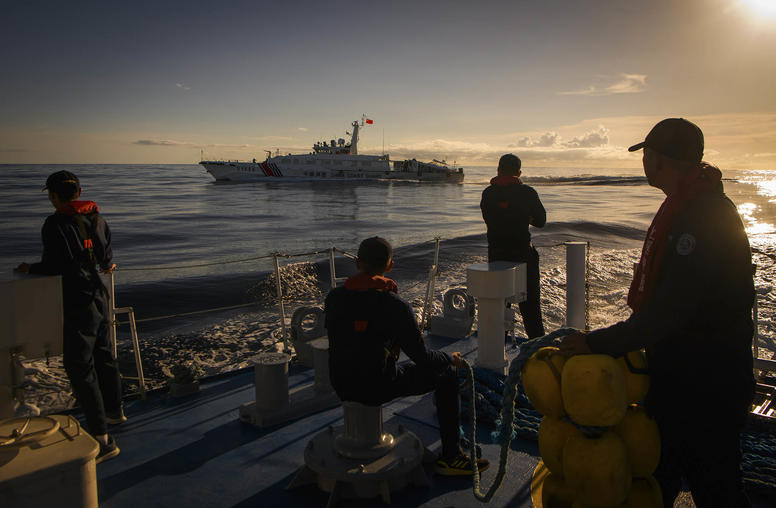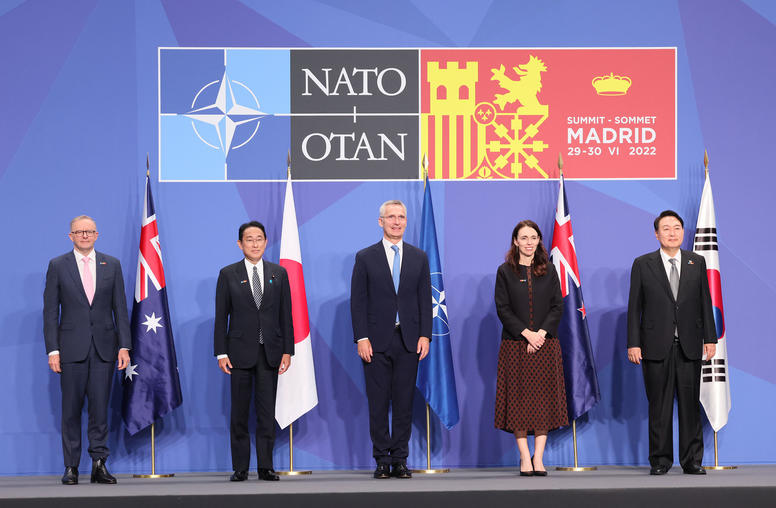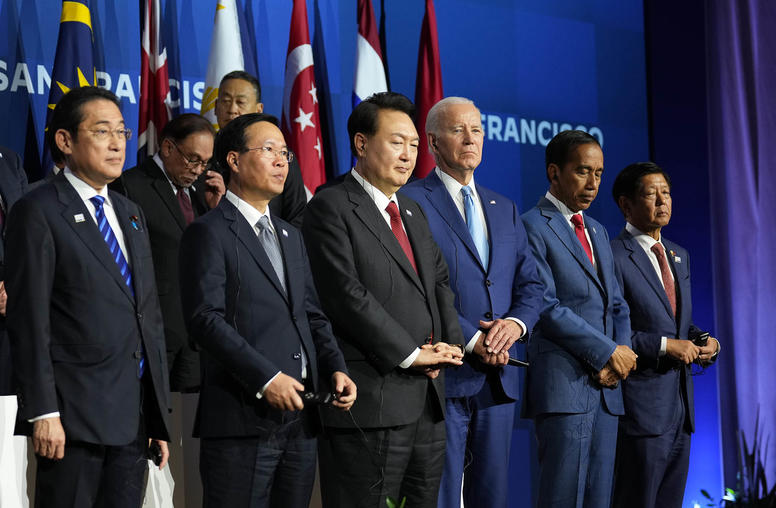American Negotiating Behavior
Wheeler-Dealers, Legal Eagles, Bullies, and Preachers
Informed by discussions and interviews with more than fifty seasoned foreign and American negotiators, this landmark study offers a rich and detailed portrait of the negotiating practices of American officials. Including contributions by eleven international experts, I assesses the multiple influences--cultural, institutional, historical, and political--that shape how American policymakers and diplomats approach negotiations with foreign counterparts and highlights behavioral patterns that transcend the actions of individual negotiators and administrations.
Forewords by Madeleine Albright and Condoleezza Rice.
- American Negotiating Behavior: Book Trailer
- American Negotiating Behavior: Press Release
- American Negotiating Behavior: Questions and Answers
- Praise for American Negotiating Behavior
- Events
"American Negotiating Behavior is a truly unique study of the American negotiator because it explores the foreign perception of American negotiators."
—Zbigniew Brzezinski, Counselor and Trustee, Center for Strategic and International Studies
"Diplomacy has never been more vital for Americans than in our increasingly globalized twenty- first century. Richard Solomon and Nigel Quinney have written a fascinating and perceptive book on how American diplomats have succeeded, and sometimes failed, to advance our national interests at the international negotiating table. This timely study provides important lessons and insights into how Americans might wrangle, barter, deal, and ultimately negotiate more effectively with friends and foes alike in the future."
—Nicholas Burns, professor of the practice of diplomacy and international politics, Harvard University and former Under Secretary of State
“This book is a gold mine for anyone interested in American negotiation styles and methods, analyzed by two perceptive co-authors and several experienced international practitioners of diplomacy. One of the many merits of the book is that it sets out the parameters for future diplomacy, adapted to a world where dialogue and negotiations will, one hopes, be the primary tools for solving conflicts and global problems.”
—Jan Eliasson, former Minister for Foreign Affairs of Sweden and President of the United Nations General Assembly
“Of great importance, this book hammers home a central point little understood outside the diplomatic profession: critical negotiations actually take place more inside nations than between them. The narrative and analyses presented by Richard Solomon and Nigel Quinney are rich in previously untold stories.”
—Leslie H. Gelb, former New York Times columnist and former president of the Council on Foreign Relations
“American Negotiating Behavior may well become the definitive primer on the art of effective cross-cultural negotiating. It should be an important part of the education of U.S. diplomats, as well as anyone engaged in international transactions.”
—Henry A. Kissinger, U.S. Secretary of State, 1973–1977
“A gold mine of useful information and ideas that can help make American negotiators—and their counterparts—more effective and the process of negotiations better understood.”
—George P. Shultz, U.S. Secretary of State, 1982–1989
This landmark study offers a rich and detailed portrait of the negotiating practices of American officials. It assesses the multiple influences—cultural, institutional, historical, and political—that shape how American policymakers and diplomats approach negotiations with foreign counterparts and highlights behavioral patterns that transcend the actions of individual negotiators and administrations.
Informed by discussions and interviews with more than fifty seasoned foreign and American negotiators, Richard H. Solomon and Nigel Quinney argue that four distinctive mind-sets have combined to shape U.S. negotiating practice: a businessperson’s pragmatic quest for concrete results, a lawyer’s attention to detail, a superpower’s inclination to dictate terms, and a moralizer’s sense of mission. The authors examine how Americans employ time, language, enticements, and pressure tactics at the negotiating table, and how they use (or neglect) the media, back channel communications, and hospitality outside the formal negotiating arena. They also explore the intense interagency rivalries and congressional second-guessing that limit U.S. negotiators’ freedom to maneuver.
A chapter by the eminent historian Robert Schulzinger charts the evolving relationship between U.S. presidents and their negotiators, and the volume presents a set of eight remarkably candid foreign perspectives on particular aspects of American negotiating behavior. These chapters are written by a distinguished cast of ambassadors and foreign ministers, some from countries allied to the United States, others from rivals or adversaries and all with illuminating stories to tell.
In the concluding chapter, Solomon and Quinney propose a variety of measures to enhance America’s negotiating capacities to deal with the new and emerging challenges to effective diplomacy in the 21st century.
Contributors: Gilles Andreani • Chan Heng Chee • David Hannay • Faruk Logoglu • Lalit Mansingh • Yuri Nazarkin • Robert Schulzinger • Koji Watanabe • John Wood



